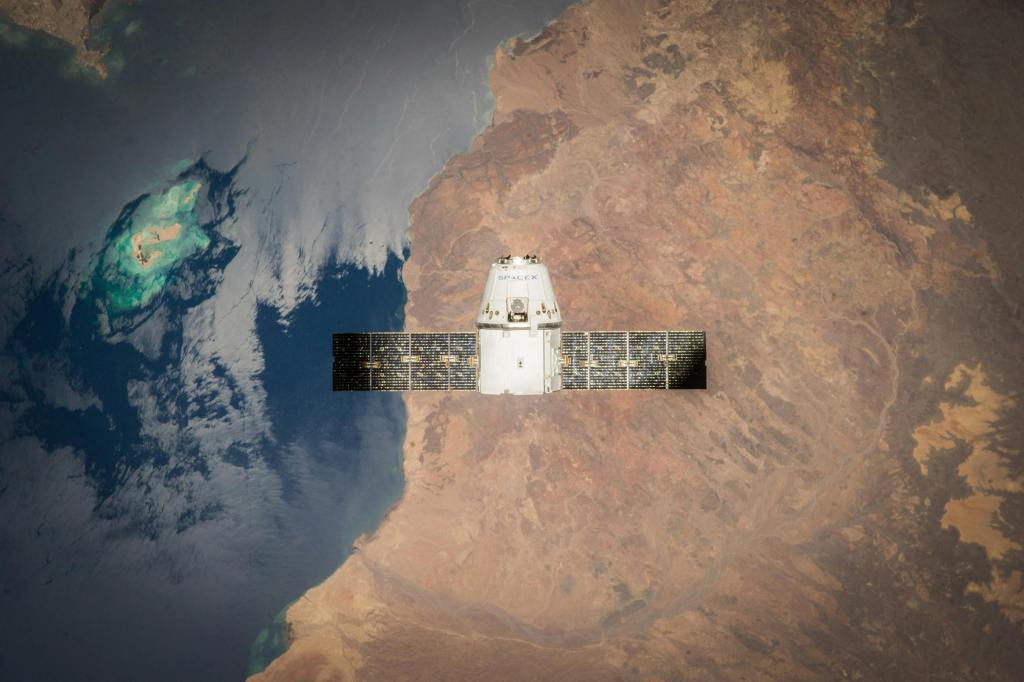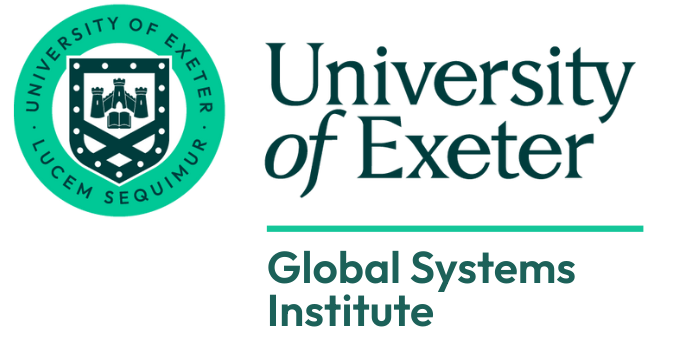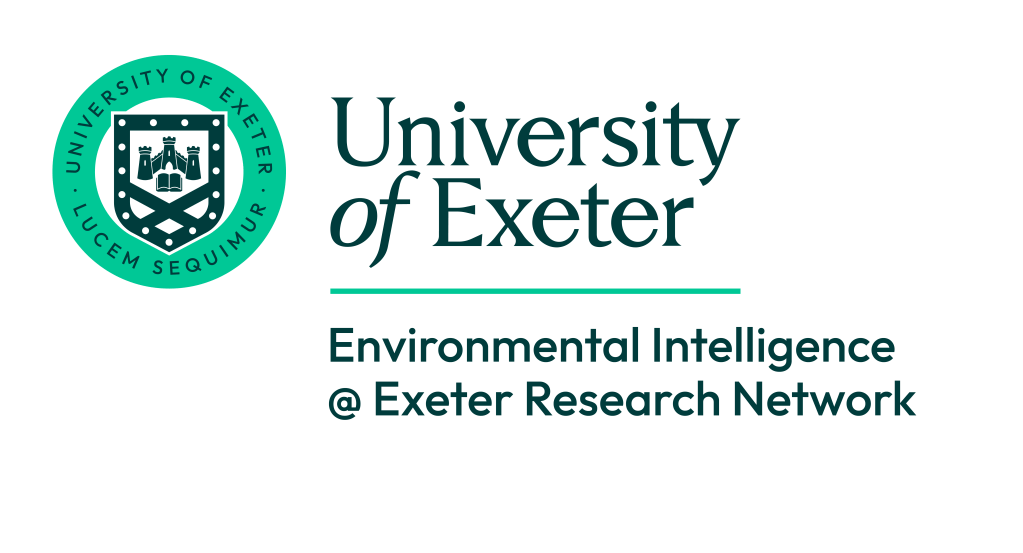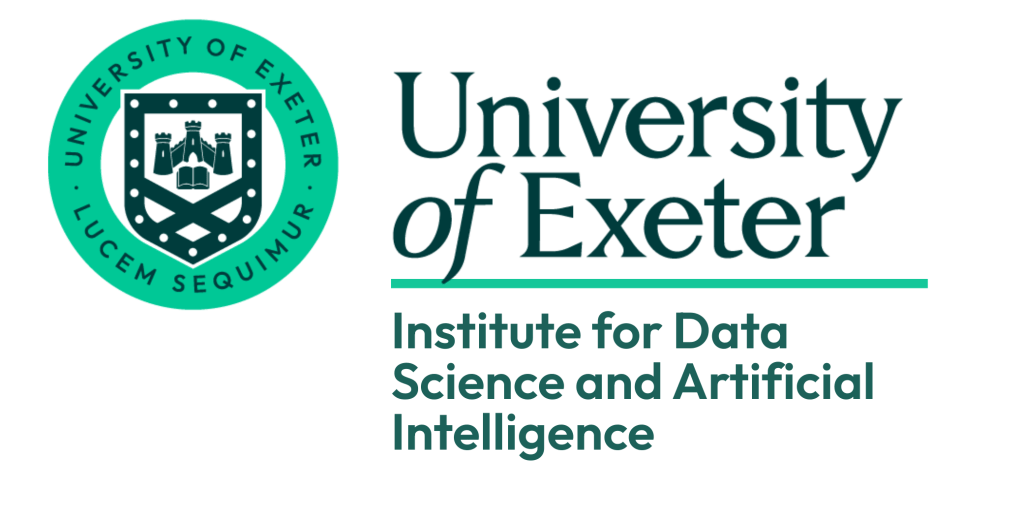
ML4EO
Machine Learning for Earth Observation
22- 24 June 2026

days
hours minutes seconds
until
ML4EO 2026
Registration is now open
Abstract Submission is now open
Overview
Advances in remote sensing have shifted the paradigm of Earth observation from data scarcity to data abundance, offering enormous potential for economic, environmental, and social benefits. Artificial intelligence and machine learning present new opportunities to harness this data, enabling automated extraction of insights, trend predictions, and identification of key environmental and policy factors. AI/ML also brings increasing challenges
Building on the success of the three previous workshops, this three-day conference will bring together experts and practitioners from remote sensing, data science, and industry to reflect on the state of the art in remote sensing and identify the most promising directions for future innovation. Hosted at the University of Exeter, the event welcomes participants from academia, the public sector, and industry, at all career stages, to create a vibrant research community.


Together we will
- Share scientific discoveries, good practice, and industry perspectives
- Explore emerging applications and new opportunities for remote sensing and machine learning
- Foster collaborations, build networks, share opportunities and provide hands-on training
Our Sponsors




Machine Learning for Earth Observation (ML4EO) conference brings together academic and industry experts in machine learning, remote sensing, and geospatial analysis. The conference provides a focused forum for sharing cutting-edge research, practical applications, and emerging challenges within the space.
ML4EO is an annual conference hosted at the University of Exeter, UK, and has been steadily expanding in scale and impact over the past three years. In 2025, the conference welcomed approximately 140 participants, representing a healthy mix of early-career researchers, established academics, industry practitioners, and returning members of the ML4EO community.
We welcome sponsorship to help strengthen and expand the ML4EO conference. Contributions directly support the delivery of the event and the continued development of the ML4EO community. If you are interested in becoming a sponsor, see here.
Testimonials
We’re so grateful for everyone who joined ML4EO 2025. Your voices made it a truly impactful event. Here’s what some of our participants had to share about their experience:
“It was an amazingly useful get together and the presentations really showcased the opportunities that are being developed and managed by the University and key partners”
“Really diverse talks and very inclusive environment”
“The opportunity to network and engage with ML Experts”
The broad range of topics covered, different presentation styles (e.g. posters, talks, panels, workshops), good size (there were plenty of delegates to network and discuss with, but did not feel too overwhelming), the food was great!
“I have had really valuable experiences at ML4EO both in learning about others work and sharing my own.”
“The schedule struck a nice balance between presentations, mingling, panel discussions and workshops. The workshops were also highly relevant and easy to follow.”
The event is hosted by the University of Exeter with support from the Centre for Environmental Intelligence, Institute of Data Science and Artificial Intelligence, and the Global Systems Institute